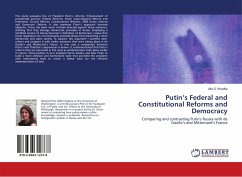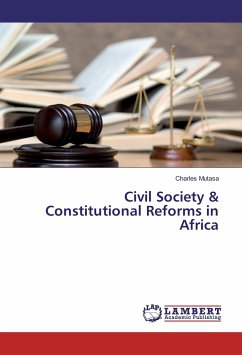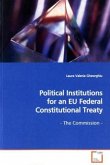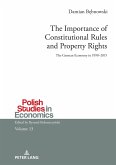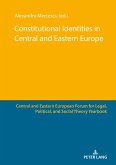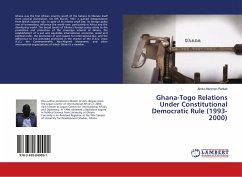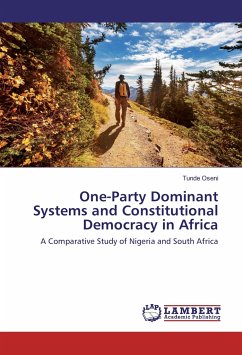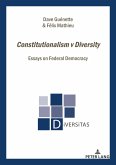This study evaluates five of President Putin's reforms: Enhancement of presidential powers; Federal Reforms: Seven Super-Regions Reform and Federation Council Reform; Constitutional Reforms: 2004 Duma reforms and Governors' Reform. It also examines Putin's approach towards oligarchs. There has been much criticism directed against those measures, claiming that they damage democratic principles in Russia. Employing a modified version of Georg Sorensen's definition of democracy I argue that those regulations do not necessarily preclude Russia from becoming a more democratic and open society. To support this argument I examine each reform and compare it with similar measures that were taking place in de Gaulle's and Mitterrand's France. In one case a comparison between Putin's and Thatcher's approaches is drawn. It is demonstrated that Putin's reforms that are perceived in the west as antidemocratic took place earlier in France. Those policies in turn enabled French leaders and laterPutin to build a more cohesive and harmonized state that provided the president with institutional tools to create a better basis for the efficient implementation of laws.

